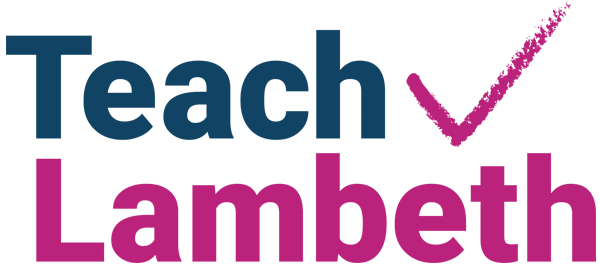Embarking on your journey as an Early Career Teacher (ECT), you're stepping into a vibrant world with diversity, challenges, and opportunities for growth. One concept that will be a cornerstone of your teaching career, shaping your approach to this dynamic environment, is pedagogy.
And so begins the journey into the ‘glorious artifice’ of teaching. Or something like that. It’s important. Without a solid foundation in pedagogy, you could be lost. Actually, it’s essential and this exploration is not just academic. This is a practical digging down into the heart of what you teach. In reality, pedagogy is the person you become with more practice under your belt. And look, to be brutally honest, pedagogy defines every decision you make in class. People who talk about teaching and learning are prone to using long and unnecessary words that make them sound more important. But pedagogy is important, and here’s why. How we approach pedagogy could be the single most significant impact on how our students meet with success.
As you grow as a teacher, you will feel more comfortable and understand pedagogy much more. Your understanding and knowledge of pedagogy will become one of your many strengths as a teacher, and you will always be able to incorporate it into each lesson. This will, in turn, make each lesson even easier to make meaningful and accessible for all of your students.
No matter where you are in your career, it all comes back to the students. These are the students who will benefit most from your hard work in developing and enhancing your pedagogy. By challenging yourself to fully understand the educational theories and practices on which instruction is intended and your intent, you will be able to provide meaningful, memorable and motivational lessons. Essentially, you will become a better teacher. You want your instruction to be at a proficient level, aligning with the scope and sequence for your grade level. However, you also want it to be laced with provocations, opening doors to curiosity in which your students will grow and mature at a rapid pace. When they walk out your door, they are equipped with the necessary knowledge, skills and courage to face whatever their futures hold.
Exploring pedagogy is truly a personal journey as well as a professional one. The more we learn about pedagogy, the more we are able to create meaningful lesson content for our students. These lessons impact their academic and personal experiences as life-long learners in education.
Are You Now Ready To Start Teaching?
Join our ECT pool today for the chance of starting a career in education right in the heart of London.
We have more helpful articles right here!
Leveraging London’s Resources for a Dynamic ECT Curriculum
Navigating Your ECT Years in London – What to Expect and How to Survive!
ECT Support – What to Expect
Page [tcb_pagination_current_page] of [tcb_pagination_total_pages]
